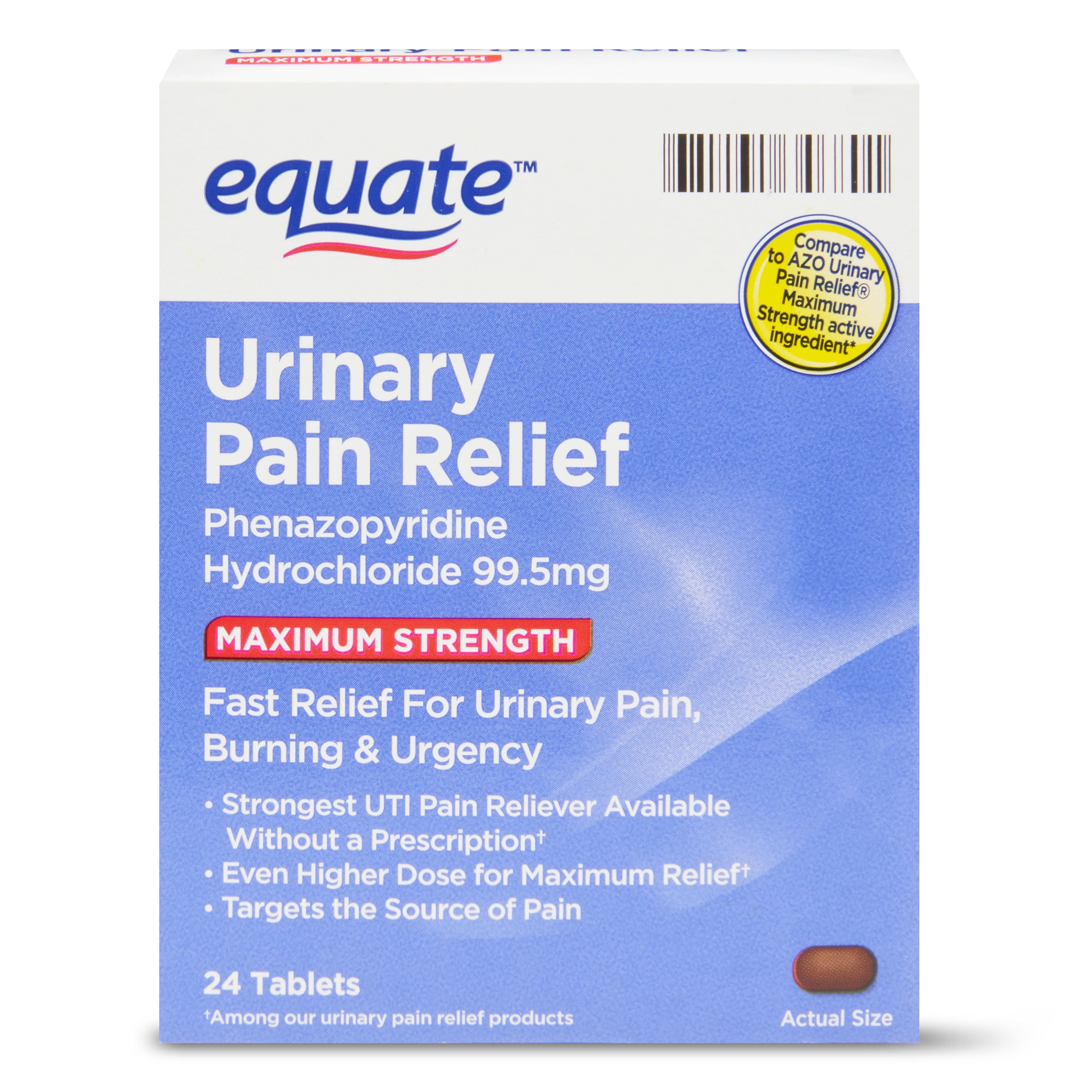September 7, 2024
Incontinence Suggestions For Carers
Incontinence Suggestions For Carers Notably, use a gentle, thoughtful strategy that aids your liked one preserve as much self-reliance and dignity as feasible. Furthermore, involve your liked one in the choices regarding his/her treatment. If you require emotional assistance, obtain expert help, such as therapy or signing up with
https://075ixjw8vbirserw.s3.us-east.cloud-object-storage.appdomain.cloud/Pelvic-floor/incontinence-pads-catheterization/exactly-how-to-quit-waking-up-during-the-night-to-pee-national-organization-for.html a caregiver support system.
What is the option for pee leakage?
For severe situations of overactive bladder, Botox injections into the bladder muscle mass can help in reducing uncontrolled tightenings. The results usually last numerous months, after which the treatment requires to be repeated. It's essential to speak with a doctor prior to starting any type of medicine, as some can have adverse effects or connect with various other medicines. For ideal results, think about working with a pelvic flooring physical therapist who can make certain appropriate technique and give a tailored exercise program. In specific situations, they may not be able to cure your bladder urinary incontinence.
Tips For Taking Care Of Incontinence: Select And Properly Use Suitable Incontinence Items
In addition, in many cases, medical professionals suggest biofeedback to assist clients discover exactly how to properly do these exercises. If you're experiencing signs like leaking urine, frequent peeing, or loss of bladder control that aren't improving with home remedies, see a doctor. Some urinary incontinence treatments include medicine or surgery, but some at-home remedies-- like bladder or pelvic flooring training-- can additionally provide remedy for incontinence signs. While incontinence may feel like a common concern among the elderly, there work therapies that can handle this problem. Urinary system desire incontinence, likewise known as detrusor hyperactivity or spastic bladder, is the most typical type amongst older grownups. Operation might be taken into consideration in extreme instances or when various other therapies have been unsuccessful. In some cases, tools like urethral inserts or pessaries can sustain the urethra and enhance bladder control.
At Home Take Care Of Persistent Problems
- As people age, the urinary system undergoes significant adjustments, resulting in different urinary system troubles that can dramatically influence one's lifestyle.
- This is done to try and reduce your risks of side effects and to monitor exactly how well the drug is working to treat your incontinence.
- This might lessen caregiver burden and reduce risk of pressure sores however raise danger of UTI [23,24]
- Urinary urinary incontinence can be triggered by weakened bladder muscle mass, damage to the pelvic flooring, bigger prostate, menopause, or bladder cancer cells.
The bladder can not hold as much pee as the body is making, or the bladder can not clear entirely, creating percentages of urinary leakage. According to the American Urological Association, one-quarter to one-third of males and females in the USA experience urinary system incontinence. Diuretic medicine boosts the manufacturing and flow of urine from your body. Treatment with anticholinergic agents causes a tiny reduction in leak, corresponding to half a leak each day. The persistence with anticholinergic representatives and conformity are both poor after a year, and aggravate with older age. The factors given for discontinuation are no evident impacts, spontaneous improvement without medications, side effect account and switch to an additional drug. The usual negative effects for anticholinergics include, dry mouth, constipation. If drugs are used, this is usually in combination with various other methods or exercises. You'll be assessed after 4 weeks to see if the medication is assisting, and every 6 to 12 months thereafter if the medicine continues to work. One of the most efficient means to deal with bust cancer cells is early discovery. When you have incontinence, you may experience bladder control concerns and leakage urine. This leakage is commonly irrepressible and can negatively affect your life. Your healthcare specialist's suggested treatment plan will depend upon the reason for your incontinence. An underlying medical problem might call for medication, surgical procedure, or other therapies. If you experience urinary incontinence, make a consultation with a health care specialist. Your urinary system is comprised of the kidneys, ureters, bladder and urethra. Waste items are removed from your blood by the kidneys, creating urine. The pee after that relocates down via two slim tubes called the ureters. The ureters link to the bladder, where the urine will accumulate until it's time to leave the body. Your bladder resembles a tank-- once the bladder is full, the brain sends out a signal that it's time to urinate. Urine then leaves the bladder when a muscle opens (sphincter), permitting the pee to stream freely out of the body via the urethra.
